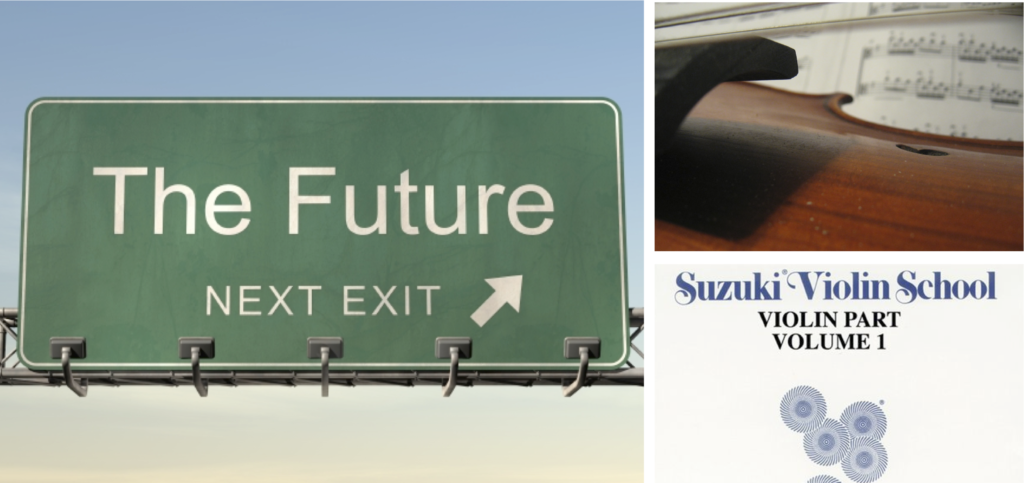 Okay, so I firstly have to admit that the title of this blog post is slightly misleading. Nonetheless, I think it truly sets the stage in the correct way (which will be evident, I hope).
Okay, so I firstly have to admit that the title of this blog post is slightly misleading. Nonetheless, I think it truly sets the stage in the correct way (which will be evident, I hope).
“Why is new music so hard?” This was a questioned posed by Drew Williams at the 2013 fresh inc festival. A lot of the answer, though, lies in pedagogy – especially for strings players. Exposure to music written after 1900 is minimal in the early stages of study, and many of the techniques – off-beats, for example – are not strongly reinforced in most string players’ early education. The result is that the aesthetic of and the techniques implemented in many new works are not as comfortably learned by string players as those idioms of music by Beethoven, Bach, or Mendelssohn. So, how can this “problem” (it’s certainly a difficulty for us composers, who keep writing this “hard” music) be addressed?
Beyond his role as violinist for Fifth House Ensemble, Drew is an active educator, using the Suzuki method to teach violin to young students. The music presented in the Suzuki method books does an excellent job establishing many of the basics of strings playing, but there are many techniques and idioms that are not presented in the Suzuki method that abound in contemporary music. And beyond that, the aesthetic presented through the Suzuki method relies heavily upon the common practice period (c. 1600–1900). These fallbacks, however, were something that Drew decided to tackle by engaging with living composers in order to create a collection of supplemental pedagogical literature that fills the gaps in the Suzuki method. How brilliant is that? (Let me add that I am incredibly excited to participate in this project.)
It just reminds me of the adage I’ve heard from so many of my colleagues and peers involved in education:
“Do you want to change the world? Teach.”
Especially for composers, it is vitally important to output educational works. And I’m not talking about doing it just for the sake of expanding the literature; it is the scope of the literature that needs expansion by presenting contemporary techniques and aesthetics to young musicians in the early, formative stages. Not only is this a time when people are more receptive to different musical ideas, but it gives firmer foundation for these musicians in techniques that might not otherwise be addressed until much later. It is just as important to compose for the benefit of future musicians as it is to “compose for the ages.”